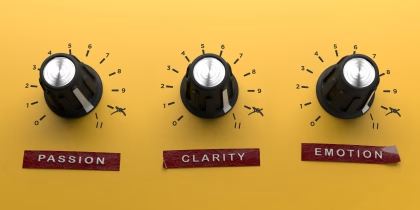The high prevalence of musculoskeletal disorders (MSDs) among healthcare workers is partly attributed to the low adoption of patient transfer assistive devices. This study aimed to evaluate the nurses’ perceived workload, technology acceptance, and emotional states during the use of the sliding board (SB) and mechanical intervention in the form of a Motorised Patient Transfer Device (MPTD).
The SB and MPTD activities were performed by seven nurses on a simulated patient. The nurses’ facial expressions were recorded during the trial. The NASA Task Load Index and technology acceptance questionnaire were also assessed.
The MPTD significantly reduced the mean overall NASA-TLX score by 68.7% (p = 0.004) and increased the overall acceptance score (median = 8.30) by 21.2% (p = 0.016) when compared to the SB (median = 6.85). All the subjects reported positive feelings towards MPTD. However, facial expression analysis showed that the nurses had a significantly higher peak density of fear while using MPTD (p = 0.016). Besides, there was no improvement in the negative valence and contempt emotion compared to the SB.
Overall, nurses showed positive perceptions and acceptance of MPTD even when they experienced negative emotions.







